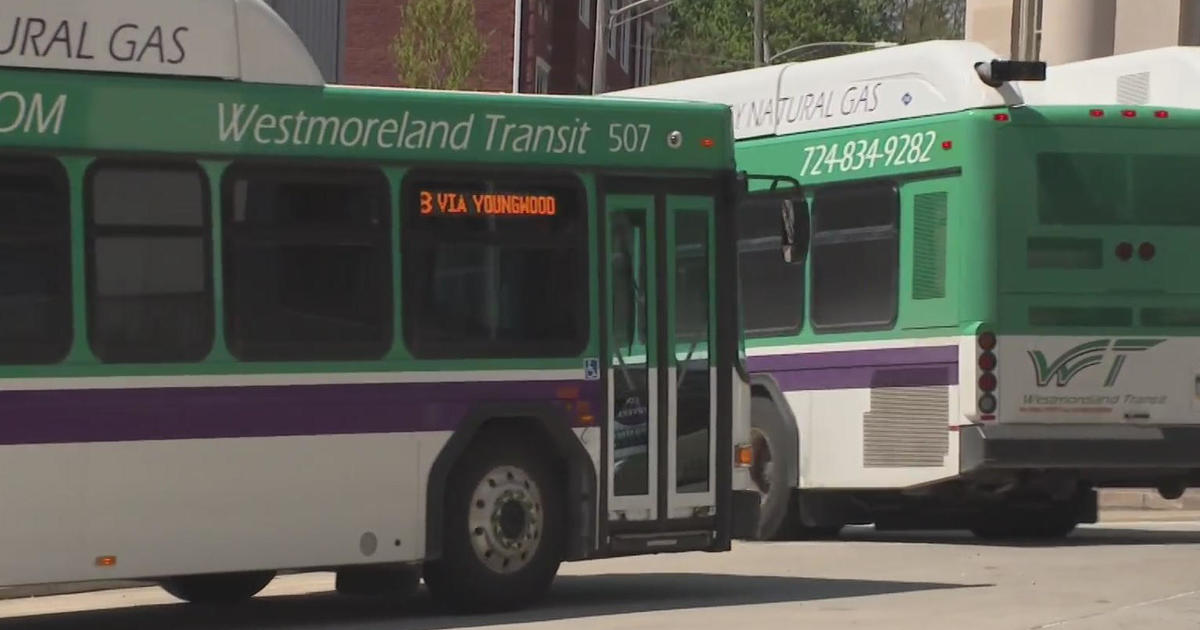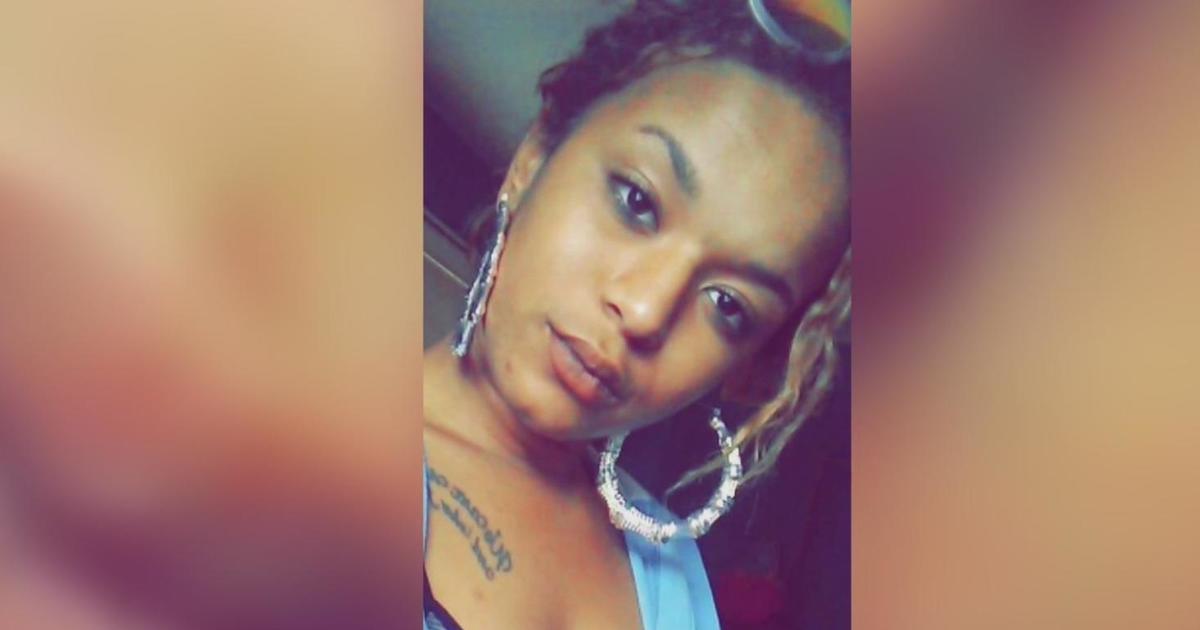New Medical Marijuana Laws Offer Help For Some, Big Bucks For Others
PITTSBURGH (KDKA) -- Medical marijuana is now legal in Pennsylvania, but don't expect anything to change very quickly.
"At the current time, we estimate that the program will take up to 24 months to be fully implemented," says Dr. Loren Robinson, Pennsylvania's Deputy Secretary for Health Promotion.
Setting up a controlled medical cannabis program -- under the auspices of the state's Health Department -- will mean lots of delay for patients, says attorney Patrick Nightingale who heads the local chapter of the National Organization to Reform Marijuana Laws.
"The great concern is that the highly regulated model becomes the bogged-down overly regulated model," Nightingale told KDKA money editor Jon Delano on Monday.
"What we need to keep in mind at all times moving forward is that the goal of this program is to benefit Pennsylvania patients."
Once fully implemented, a patient can obtain medical marijuana for 17 specific conditions, including cancer, epilepsy, glaucoma, HIV-AIDS, multiple sclerosis, chronic or intractable pain, Parkinson's, post-traumatic stress, and sickle cell anemia.
A patient first must be examined by their doctor who in writing recommends medical cannabis as a form of treatment.
With that, the patient can get a marijuana identification card.
"Once this form has been signed by a physician, the patient will submit the form to the Pennsylvania Department of Health in order to receive a patient identification card for the Pennsylvania medical marijuana program," said Dr. Robinson.
"Once they have received the patient identification card, patients can go to one of the 150 dispensaries located across the commonwealth, present their patient identification card, and purchase medical marijuana."
Join The Conversation On The KDKA Facebook Page
Stay Up To Date, Follow KDKA On Twitter
Medical marijuana is not covered by insurance and its price will be regulated by the state -- and must be cheaper than black market weed to work, says Nightingale.
"It must be less expensive, it has to be less expensive. If it's at the same price point, then people aren't going to participate."
As for supply of the medical weed, forget about those small-time backyard growers of marijuana.
With the legalization of medical cannabis in Pennsylvania -- the nation's sixth largest state -- a new billion dollar industry is about to sprout.
"It's going to be interesting to how the industry emerges in a way that I hope not only benefits Pennsylvania patients but Pennsylvanians who are looking for opportunities to get jobs in the emerging cannabis marketplace," says Nightingale.
Under the new law, 50 licenses will be issued to the retail sellers of medical marijuana with each license holder allowed up to three locations for a total of 150 medical pot shops or dispensaries in the commonwealth.
And it won't be cheap to get started.
"In order to win one of those licenses, you will have to have a $50,000 licensing fee and $500,000 in pledged capital of which $150,000 must be cash on deposit in a financial institution."
But the really big money is likely to be with those who grow and process cannabis, says Nightingale.
"There are 25 grower and processing licenses available. It is going to be an integrated license where if you're growing it you're also going to be processing it to be transported to a dispensary for ultimate distribution."
But you'll need a deep wallet to get started.
"It is an initial $200,000 license application fee, and a license winner is going to be expected to have $2 million in pledged assets, $500,000 of which in deposits."
Expensive for sure -- but a big payoff -- by 2020, one market research firm says Pennsylvania cannabis sales will top $2 billion.



